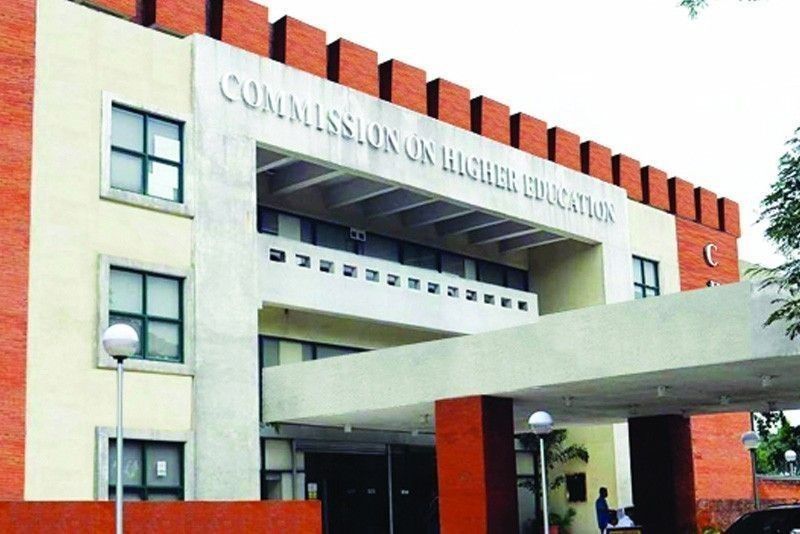Universities, colleges seeking tuition hike

MANILA, Philippines — State universities and colleges (SUCs) and local universities and colleges (LUCs) are seeking an increase in tuition and miscellaneous fees after the five-year moratorium lapsed last year, which signals a “bigger storm” coming, the chief of the Commission on Higher Education (CHED) told a Senate panel yesterday.
During the public hearing of the Senate committee on higher, technical and vocational education chaired by Sen. Francis Escudero, CHED Chairman Prospero de Vera said many of the SUCs have passed board resolutions to increase their tuition rates.
“If you want a bigger headache, I would like to inform you, Mr. Chair, that the five-year moratorium on SUCs and LUCs – that they cannot increase their tuition fee – actually lapsed in 2022. So now, many of the SUCs have already passed board resolutions to increase their tuition rates and they have submitted it to CHED,” De Vera said.
He added: “The position of CHED is that we cannot decide on the matter because the reimbursement of the tuition and miscellaneous fees is determined by the Department of Budget and Management (DBM).”
“So if they send us their decision that they are increasing the tuition fee, we send it to the DBM... because we cannot act on it. We do not know whether it is correct or not because we are not the ones that determine whether these amounts will be reimbursed. So that is the bigger storm coming,” the CHED chief noted.
De Vera made the disclosure as Escudero raised the issue of the absence of clear guidelines on enrollment in SUCs and LUCs, as many of them maintain the number of enrollees, while others increase the number of enrollees without hesitation.
De Vera said the power to determine the number of students to be admitted in SUCs and LUCs lies with the board of regents of individual higher education institutions under Republic Act 8292.
“It’s really a decision made by the board... so CHED, you know, sent out a memorandum saying you can only increase by two percent, three percent, or four percent, (this) is a decision of the board. So the different boards of the SUCs decided individually how to do it,” he said.
“We (CHED) cannot act on it because we have no legal basis to approve it or to say it is good because we are not the ones reimbursing the money. We cannot commit the funds that are reimbursable because we’re not part of the decision-making,” he added.
Escudero tackled the proposal of Sen. Mark Villar for an act institutionalizing the expanded tertiary education equivalency and accreditation program (ETEEAP), as poverty remains a hindrance to a student’s aspiration to graduate.
Villar said ETEEAP is an alternative education program in the Philippines that allows working professionals, either unable to finish their college education or completely unable to step into college for different reasons, to earn a bachelor’s degree without going through traditional schooling methods.
“Living below the poverty line normally causes students to surrender their dream careers and immediately seek jobs to help with family expenses. This is very true, especially during the COVID-19 pandemic where the poor chose their family’s survival at the expense of the dreams of their children,” Villar’s explanatory note read.
“While they were able to gain immediate income due to their employment, it cannot be denied that they need to continue their education for them to qualify for promotion and salary increase as it entails educational qualification despite vast knowledge and experience,” he added.
Under ETEEAP, work experience is evaluated and converted to creditable educational units to reduce the number of subjects that a working professional has to earn to obtain a degree.
“Through this bill, the existing ETEEAP shall be strengthened and the criteria for basic qualifications shall be laid down by the law to make it more accessible to Filipinos who want to earn a degree while working,” Villar said.
- Latest
- Trending






























